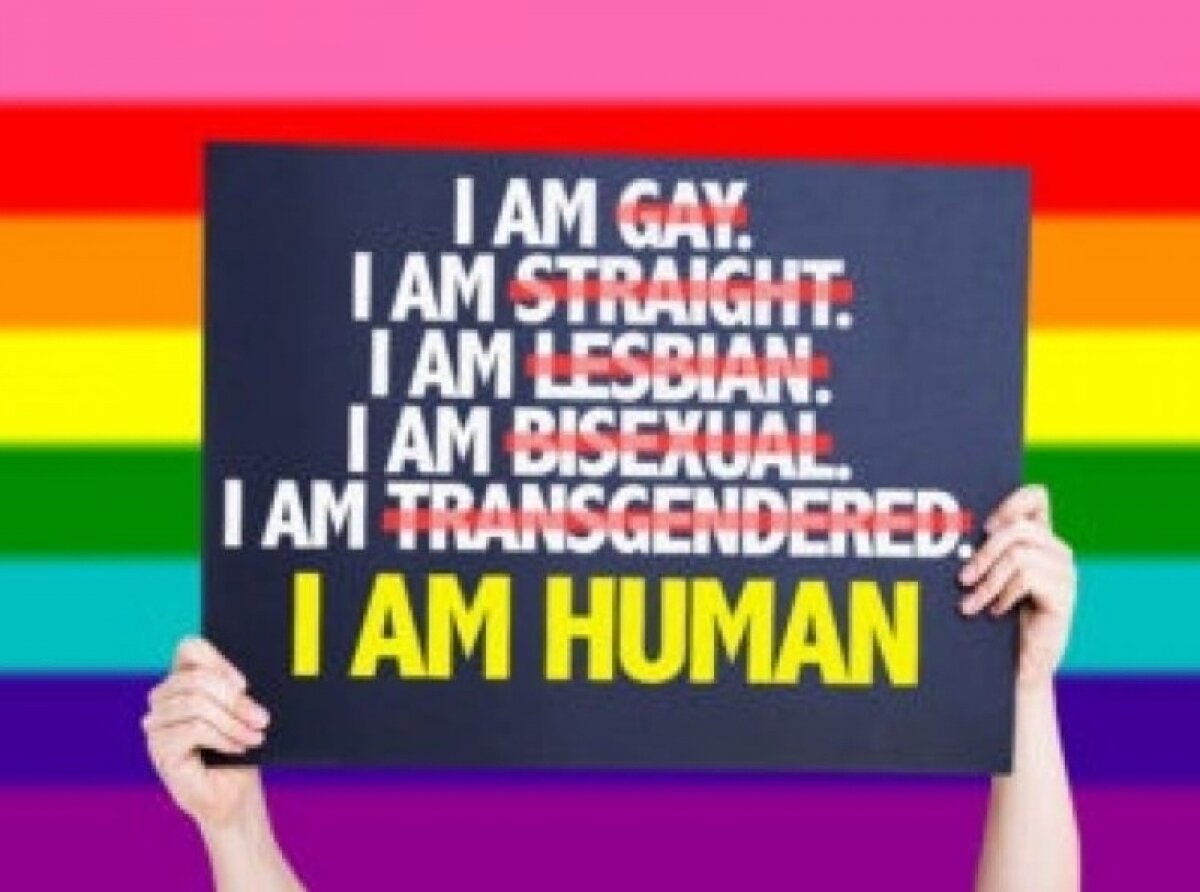With the coming Day of Sexual Diversity, which is commemorated on June 28, the Jalisco Health Secretariat (SSJ) held a virtual panel where specialists addressed the challenges of health care for lesbian, gay, bisexual, and trans people (LGBTQIA +.)
The coordinator of the Gender Equality in Health Program of the OPD Jalisco Health Services, Luis Armando Castillo Barajas, explained that all people of all ages and all cultures are identical because they have the same human dignity and enjoy the same human rights. However, it is the lack of information in the region of the Americas that hides their health situation, and delays actions that can be implemented to combat stigma, improve their health, and save lives.
“In order to reverse this situation, PAHO/WHO provides technical cooperation to support the countries in collecting and analyzing information about the health needs of this population, the obstacles they face in accessing care, and the impact of stigma regarding their health and well-being," he said.
In this sense, he mentioned that for two years the SSJ has had the Human Sexuality Clinic, located in the General Hospital of the West (HGO), where care is provided to the LGBTQIA + population, offering special services such as sexology, endocrinology, urology, gynecology, laboratory services, and others.
The sexologist Blanca Villarroel Higareda pointed out that sexual diversity is a condition that influences groups that have historically been discriminated against, so health services and organizations may have significant structural inequalities.
“Focusing attention on the risks that this sector of the population specifically has is not to stop seeing the rest of the population, but rather to pay attention to the greater vulnerability that these LGBTQIA + groups have, and to be able to have equal access to their health needs,” said the expert.
The main health effects on LGBTQIA + people as a consequence of social stress and family rejection are depression and anxiety.
“The risk of developing addictions is 3.4% higher in this sector than in the general population, and 8.4% more that they reach suicide, which are the final repercussions that a person does not feel accepted," added Isaac Alberto Sacaría Najar, defender of the human rights of trans people. He also spoke of the social and cultural constructions that influence the definition of what it means to “be a man or a woman,” and how they have changed.
For more information on the subject, call 30305000 extension 25201 of the Gender Equality in Health Program.

